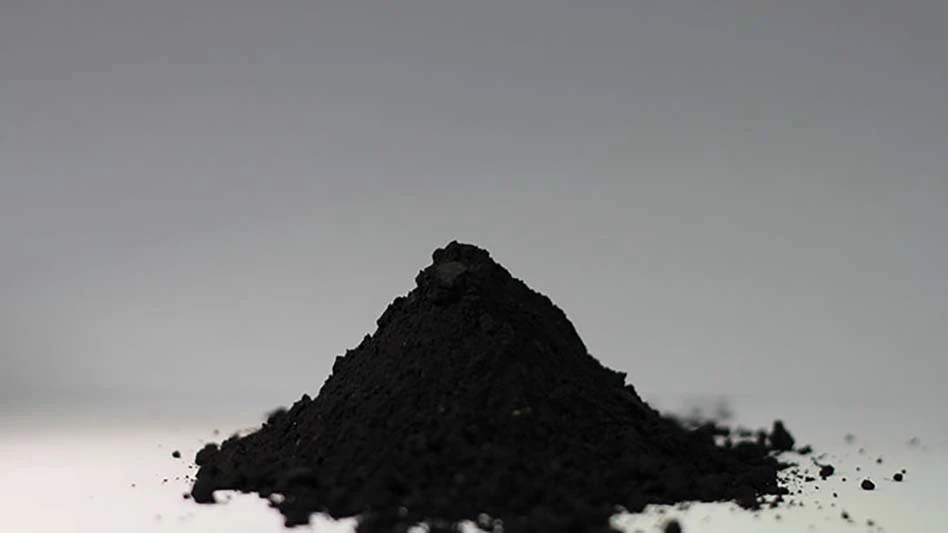
Photo courtesy of Hammel Recyclingtechnik GmbH
The Düsseldorf-based Federal Association of German Steel Recycling and Disposal Companies (BDSV) and the Berlin-based Association of German Metal Traders and Recyclers (VDM) have issued a joint statement calling for “an urgent adjustment of the environmental approval procedures” to which the steel and metal recycling industries are exposed to in Germany.
The groups say their industry is increasingly restricted in its competitiveness and innovative strength by lengthy bureaucratic hurdles even though the wider European Union is seeking to expand recycling activity.
"The transformation of the EU to climate neutrality by 2050 as part of the ‘Green Deal’ poses enormous challenges that can only be overcome through significant investments and technological innovations," the associations write in a letter to members of the legislature in Bundestag, Germany.
“But the increasing regulatory requirements are inhibiting companies’ willingness to invest. Approval procedures, which often take two years or more, lead to unsustainable cost increases and significantly affect the international competitiveness of the industry.”
The BDSV and VDM say that especially in the current geopolitical context, a strong and flexible steel and metal recycling industry is essential to ensure a robust supply of raw materials and resilience.
They also indicate the metals recycling industry makes a significant contribution to reducing CO2 emissions and achieving climate protection targets."
Recycling steel and metal saves significant amounts of energy and conserves valuable resources," the groups say.
The groups' main concerns and requests are: 1) approval of changes in the quantity of scrap, saying that lengthy procedures prevent quick reactions to market changes; 2) an examination of “innovation-inhibiting regulations” for semimobile processing systems, with the groups recommending a six-month trial operation period for such equipment; and 3) examining excessive demands on wastewater treatment,” with the groups saying smaller companies “are disproportionately burdened.
“We appeal to politicians to recognize the urgency of these concerns and to initiate appropriate reforms," the groups says.
Sponsored Content
SENNEBOGEN 340G telehandler improves the view in Macon County, NC
An elevated cab is one of several features improving operational efficiency at the Macon County Solid Waste Management agency in North Carolina. When it comes to waste management, efficiency, safety and reliability are priorities driving decisions from day one, according to staff members of the Macon County Solid Waste Management Department in western North Carolina. The agency operates a recycling plant in a facility originally designed to bale incoming materials. More recently, the building has undergone significant transformations centered around one machine: a SENNEBOGEN telehandler (telescopic handler).
Get curated news on YOUR industry.
Enter your email to receive our newsletters.
Latest from Recycling Today
- Reworld partners with Mystic Aquarium
- BIR calls for fair standards, circular solutions in defining ‘green steel’
- LME reports active Q2
- Liberty Steel assets facing financing deadlines
- Sims is part of Australian recycling loop
- Tariffs target steel exporters Brazil, Canada and South Korea
- Buy Scrap Software to showcase its software at Scrap Expo in September
- LG details recycling activities








